
Our fifth anniversary is coming up and we’re getting ready to celebrate. On September 25, we’re hosting a virtual gathering to launch the publication of our five-year report, to reflect on progress since our founding in 2015, and most importantly, to hear from you. We want to hear about your favorite data memories, some of the biggest challenges you’ve worked through, the biggest difference in SDG data that you see now versus five years ago, and we want your input on what the next five years should look like.
Have something to share? Send us an email, tweet it with #Data4SDGsAt5, and/or come to the townhall. We’ll see you online.
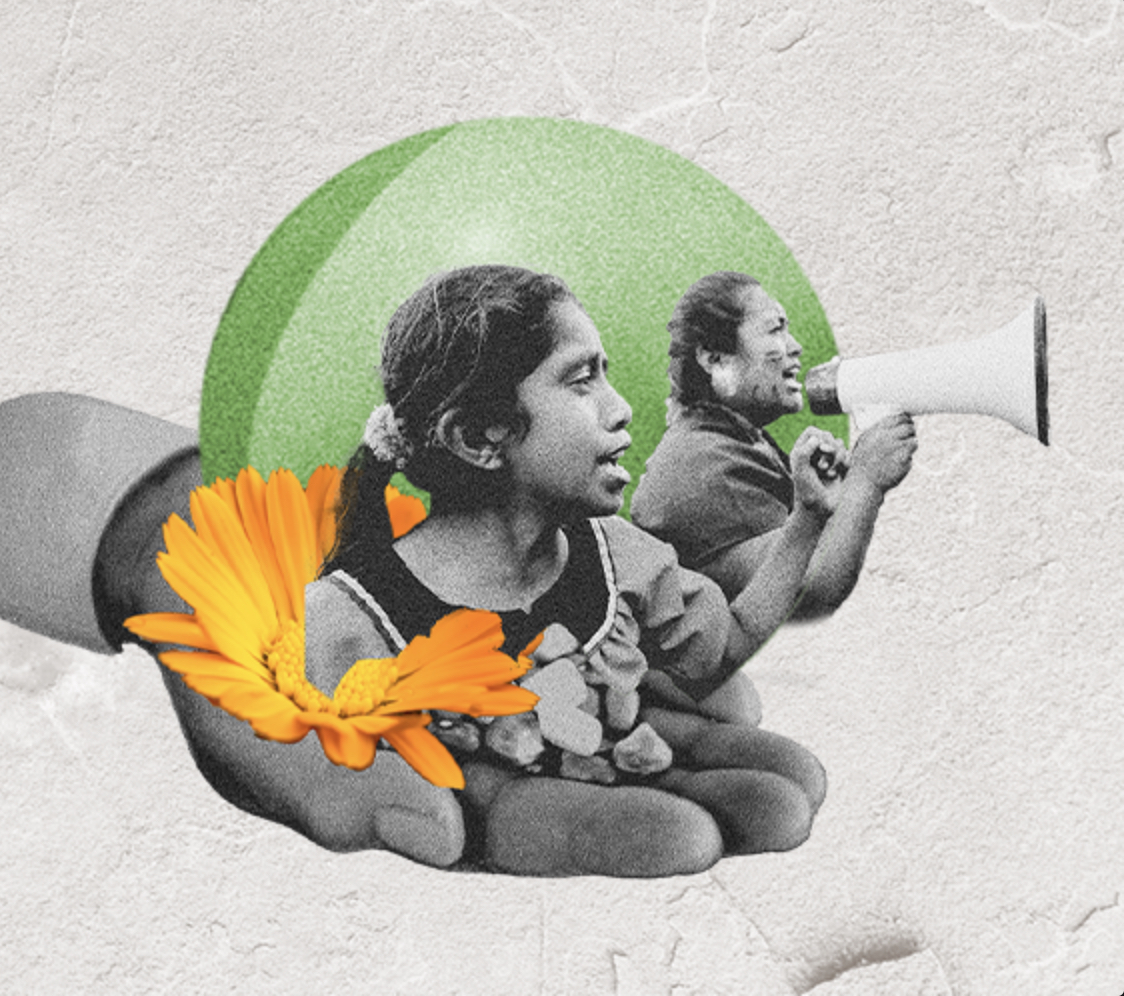
To coincide with the 75th UN General Assembly, UNDP and partners are creating a four-day “Nature for Life Hub”- a virtual space where global leaders will share stories on the importance of nature for sustainable development. Leaders participating in the ‘Nature for Life Hub’ will invite a virtual audience to engage in lively, thought-provoking exchanges, and will engage a wide variety of sectors, including governments, businesses, financial institutions, youth and local communities. All events will showcase nature-based solutions in policy, in practice, in communities, in art – but most of all, in action.
Sept 24, DAY 1 – SDG DAY: Celebrating the value of nature in achieving the Sustainable Development Goals.
Sept 25, DAY 2 – BUSINESS AND FINANCE DAY – Greening our wallet in development, finance and business.
Each day will culminate in key messages to be issued by the coalition of partners to be fed into the post-2020 Global Biodiversity Framework negotiation process, CBD COP 15 and Climate COP 26 negotiation processes.
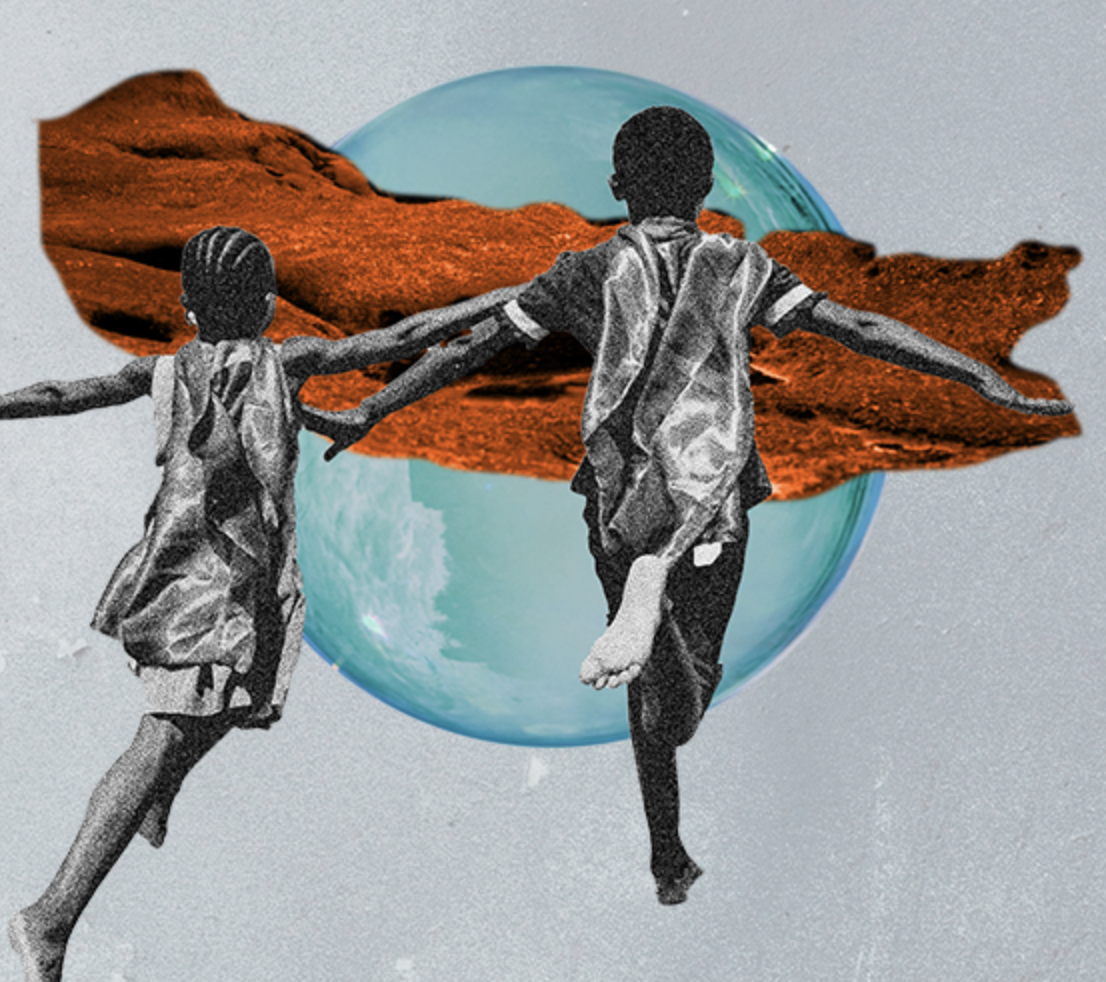
To coincide with the 75th UN General Assembly, UNDP and partners are creating a four-day “Nature for Life Hub”- a virtual space where global leaders will share stories on the importance of nature for sustainable development. Leaders participating in the ‘Nature for Life Hub’ will invite a virtual audience to engage in lively, thought-provoking exchanges, and will engage a wide variety of sectors, including governments, businesses, financial institutions, youth and local communities. All events will showcase nature-based solutions in policy, in practice, in communities, in art – but most of all, in action.
Sept 28, Day 3 – GLOBAL AMBITION DAY: A planetary response to our planetary emergency.
Sept 29, Day 4 – COMMUNITY DAY: Celebrating the power of local action, and the role of indigenous peoples and local communities in our planetary response.
Each day will culminate in key messages to be issued by the coalition of partners to be fed into the post-2020 Global Biodiversity Framework negotiation process, CBD COP 15 and Climate COP 26 negotiation processes.
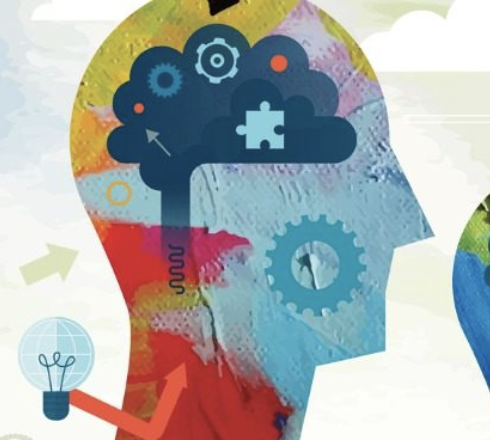
Join us for a week of inspiring and engaging content, live events, peer networking, and community-led learning to drive connections, conversations, and collaboration around how we rebuild better after the pandemic. The event will explore how business and its partners can help create an equitable and resilient future, and each day we will deep-dive into a specific theme:
- Imagining the Future We Want (Monday);
- Creating an Equitable World (Tuesday);
- Helping People Survive and Thrive (Wednesday);
- Building Resilient Livelihoods (Thursday);
- Shaping System-Level Partnerships (Friday).
The event is co-hosted with AB InBev and Visa, and a range of supporting partners, including Anglo American, Mars, Nestlé, and Standard Chartered. Content partners include Harvard Kennedy School Corporate Responsibility Initiative, the UN Office for Partnerships, WBCSD, Business in the Community, The Partnering Initiative, and the League of Intrapreneurs.
With COVID-19 impacting the world over, the 75th United Nations General Assembly Week (UNGA) will be a key moment in the 2020 calendar for the world to focus on social and environmental challenges and accelerate collaborations to meet the Global Goals.
This roundtable is part of a series of virtual events, which Business in the Community (BITC) is running to elevate the conversation and drive action on how business can Build Back Responsibly.
Over the last month, we have been in conversation with over 100 business leaders and a further 500 practitioners and partners, to understand what Covid-19 has taught us about how we could turn ambitions into action. Now is our moment to not simply slip back to a new normal, seeing the last few months as a series of heroic acts, but instead to seize the opportunity to accelerate action. So to coincide with this year’s United Nations General Assembly week, we will be bringing together influential business leaders across our network to create faster, bolder, bigger action.
This event is by invite only. For more information, contact Elena Perez, BITC’s Events Manager, at [email protected]
Convened by the UN Secretary-General, the SDG Moment consists of a three-hour virtual meeting with Heads of State and Government and SDG partners. The meeting will seek to strengthen accountability and create a sense of urgency, ambition and transformative possibility around the Decade of Action. It will also serve to underscore the importance of the 2030 Agenda as the north star for the COVID-19 response and recovery. The meeting will place a strong emphasis on priorities relating to poverty and inequality; climate change and nature; and gender equality, while cross-cutting issues such as finance, human rights and technology will be considered throughout.
Our Getting Started webinar is aimed specifically at businesses that are trying to develop a better understanding of the SDGs, and how they relate to their work.
This 1-hour webinar will discuss what the SDGs are, demonstrate why business should be engaged, and present practical guidance on how to get involved. The second half of the webinar will take the form of a Q&A session and open discussion.
Join the UNITE 2030 Youth Delegate Social Media Team for a fun, spin-the-wheel style game all around Youth and the Global Goals.
As the largest youth generation in history, it’s time to step up. The 2030 Agenda clearly applies to all of the world’s 1.2 billion young people, who currently make up 16 per cent of the global population—and to the 1.3 billion young people who will call the world home by the year 2030.
During the 75th anniversary of the United Nations’ General Assembly, we are calling on youth around the world to action to acknowledge the work being done already for the Global Goals, and the work that is still left to be done. We are hosting the Youth SDG Summit to empower young leaders to continue their work toward the Global Goals. The Youth SDG Summit is invitation only.
The theme of day 1 of the Youth SDG Summit is For People.
The theme of day 2 is the Youth SDG Summit is For Planet.
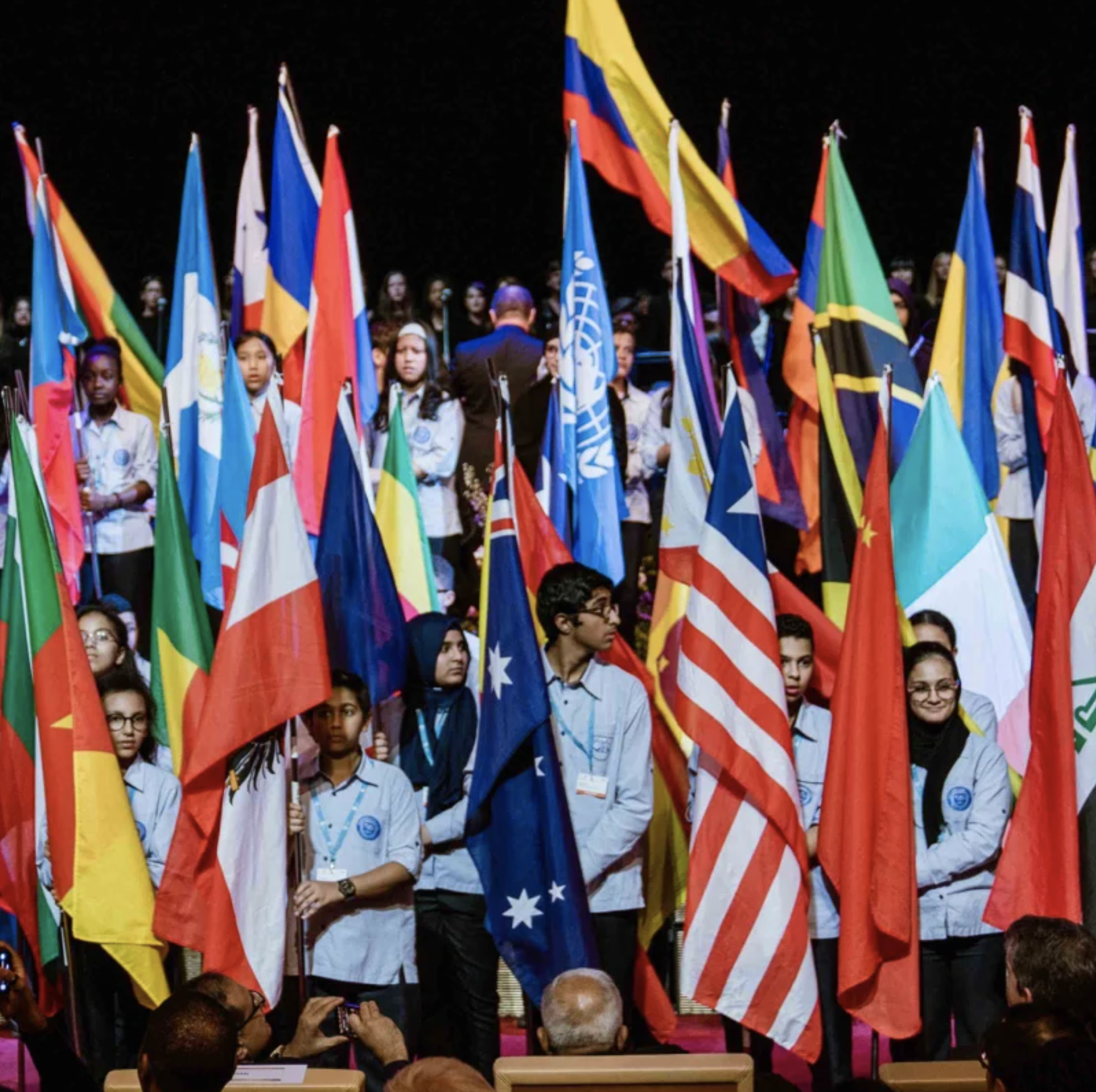
The pandemic has come with an imminent threat to global economies and hence, societal peace, a fertile ground for desperation and extremism. The role of education is perhaps more crucial than ever to keep such developments at bay. What needs to be done?
WISE’s (World Innovation Summit for Education) Special Edition E-Book, Education Disrupted, Education Reimagined: Thoughts and Responses from Education’s Frontline During the COVID-19 Pandemic and Beyond will be launched followed by a panel discussion, which will feature speakers from WISE, our partner in producing this book, Salzburg Global Seminar, and other e-book contributors.
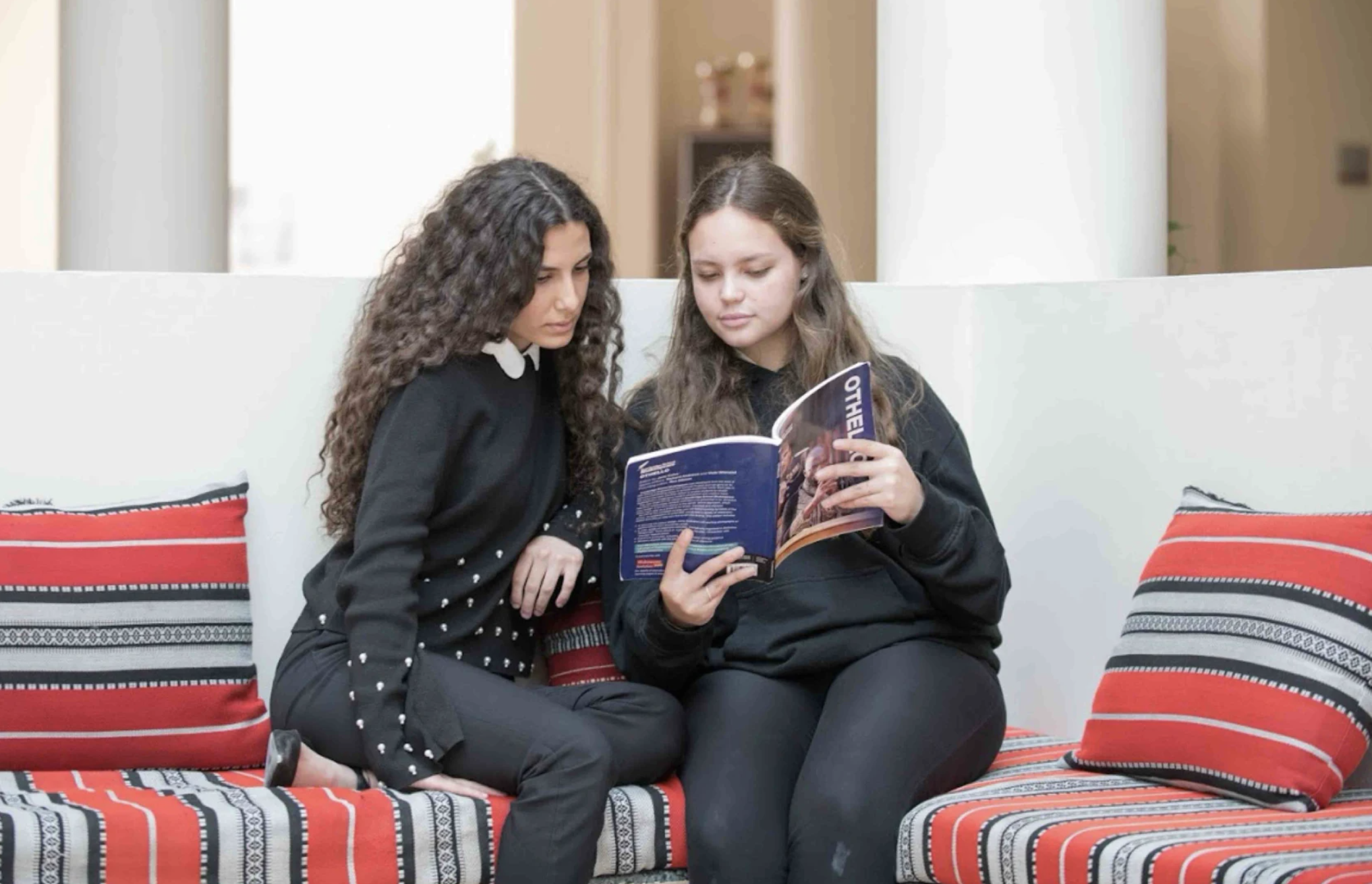
Sustainability is a key focus area for Qatar Foundation and we aim to develop and advocate best practices for environmental sustainability nationally. Aligned to this, our pre-university programs have several strategic initiatives for graduating students who are aware of the UN environmental global goals and can take action to progress towards these goals in the local community.
The discussion will focus on:
- How can K-12 students learn more about the connection of the Global Goals to the local context?
- How can we empower students and youth to take concrete action towards the Global Goals in their local communities?
COVID-19 is no longer just a health crisis. It has led to nationwide school closures in more than 100 countries, impacting over 860 million children and youth. The pandemic is also leading to global questioning and distrust in state institutions, specifically the educational ones, as never before has education been disrupted at this scale. This crisis should serve as a catalyst to support transformative changes in education and a greater shared sense of global responsibility.
To be held at the margins of the 75th Session of the United Nations General Assembly (UNGA), this panel will consider the community of nations’ collective response to the pandemic and its associated financial, economic, and social repercussions worldwide. With the goal of improved responses to future crises, especially by global and regional institutions, it will seek answers to difficult questions, such as:
- Is the ongoing pandemic an opportunity to rethink and revitalize our global education model?
- Rigid curriculum and exams are all a byproduct of convenience and the scaling of education. With the pandemic, education has become more flexible and more inconvenient at the same time. Are leaders in education ready to embrace this change?
- How can COVID-19 trigger a more effective and meaningful mindset shift in the way we approach education in our communities?
- How can we regain the trust and decrease the gap of expectations between communities and educational institutions?

Project Everyone is organising a week-long edit-a-thon where volunteers from around the world will come together to create new Wikipedia articles for the Global Goals and improve existing pages. The aim of this is to create a buzz around the Goals, mobilise a global community and democratise knowledge.

We need accurate data to help us understand the state of our world, know how much progress we need to make and see the impacts of COVID-19.
For 25 September, the five year anniversary of the Global Goals, Project Everyone is organising the Global Goals Day of Factivism. On this day, we will share ten up to date facts about the state of our world right now and inspire people to take action from supporting campaigns to changing their habits.
UN Member States agreed in June 2019 that the UN will mark its 75th anniversary with a one-day, high-level meeting of the UN General Assembly on Monday, 21 September 2020 on the theme, ‘The Future We Want, the UN We Need: Reaffirming our Collective Commitment to Multilateralism’. They also planned to convene a Youth Plenary related to the 75th anniversary, and to hold observance ceremonies to commemorate the signing of the UN Charter on 26 June 2020 and UN Day on 24 October 2020.
The declaration that will be adopted at the high-level meeting on 21 September was agreed in July 2020.
Due to the COVID-19 pandemic, this event will take place primarily in a virtual format, with pre-recorded statements by heads of state and government.
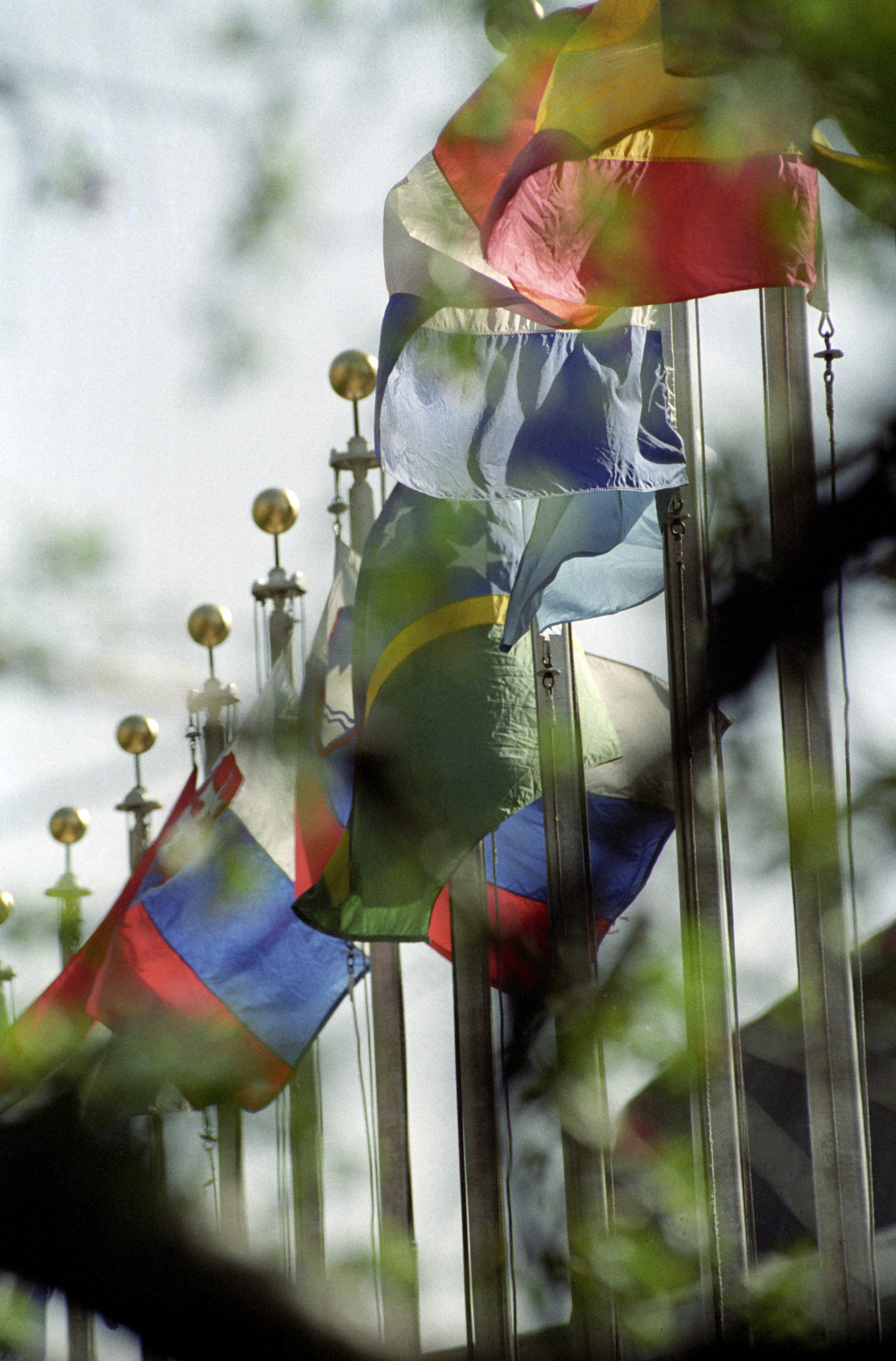
“Nations United: Urgent Solutions for Urgent Times” sets out what must be done to tackle the world’s biggest issues, from COVID to poverty, inequality, gender discrimination, climate change, justice and human rights. It is the first film of its kind to be broadcast globally and is premiering on the United Nations YouTube channel.
This film is produced by 72 Films and writer, director and UN Sustainable Development Goals Advocate Richard Curtis. The broadcast of this film will also mark the UN’s 75th anniversary, as well as the 5th anniversary of the Sustainable Development Goals.
Ghana is one of many countries where a vibrant ecosystem of waste pickers is critical to keeping the country clean, but where the system operates “below the radar,” limiting pickers’ capacity to connect to potential buyers and recyclers. As part of the World Economic Forum’s Global Plastic Action Partnership (GPAP), an innovative pilot project is bringing together the Government of Ghana, SAP and other GPAP partners to leverage IT to create transparency in the value chain, ensure pickers earn fairer wages, and ensure that companies and consumers know when they are accessing premium “social plastics” to better protect communities and the environment. This session will focus on how to initiate and implement innovative solutions in local communities and foster discussions on what corporate, government and NGO partnerships need to do to have true global impact.
As the world is fighting the COVID-19 pandemic, we see heightened global insecurity and anxiety. International cooperation is under severe strain due to heightened geopolitical tensions and rivalry. The rules-based order upon which the UN Charter was conceived is being challenged. Our UN, and the multilateral system more broadly, needs to answer to the real anxieties of people with practical responses.
To solve the global challenges of our times – from COVID-19 to climate change, raging conflicts and unchecked technological advances – we need more inclusive international cooperation rather than a regression to narrow nationalism. The SDGs are our common road map for the future we want. To realize the 17 SDGs we need stronger partnerships and deeper involvement from civil society, the private sector, trade unions, local governments and other relevant stakeholders. This message emerged loud and clear from the UN75 global consultation.
Through a multi-stakeholder discussion with the private sector, academia, the UN, youth and civil society, speakers will explore ideas and thoughts on how these stakeholders can participate in and reshape the multilateral system to deliver better on the SDGs.
Public, private and civic sector organizations have made global commitments to address systemic social and economic inequality, but the work must be done collaboratively in order to reach SDG17 targets. How can partners across sectors — by empowering all voices — leverage their unique expertise and resources to create tangible paths toward justice?








